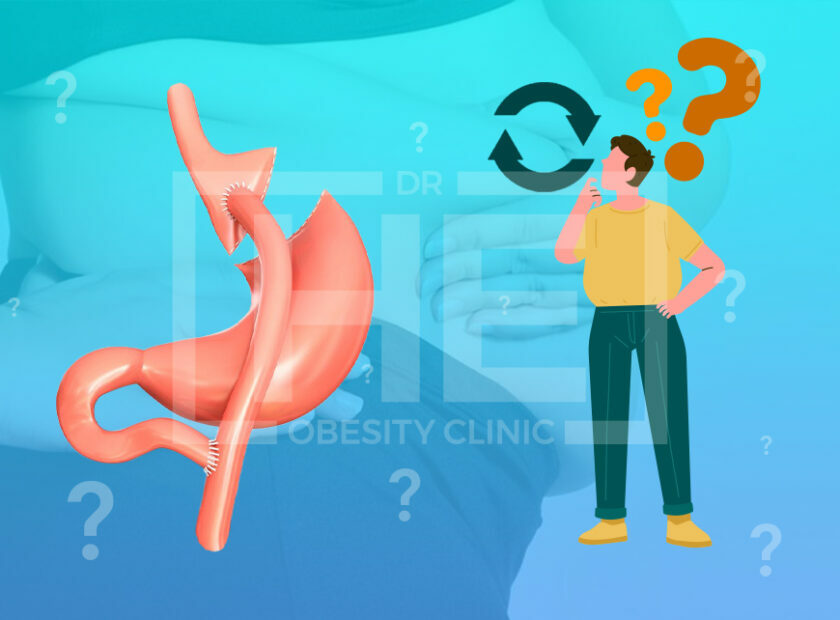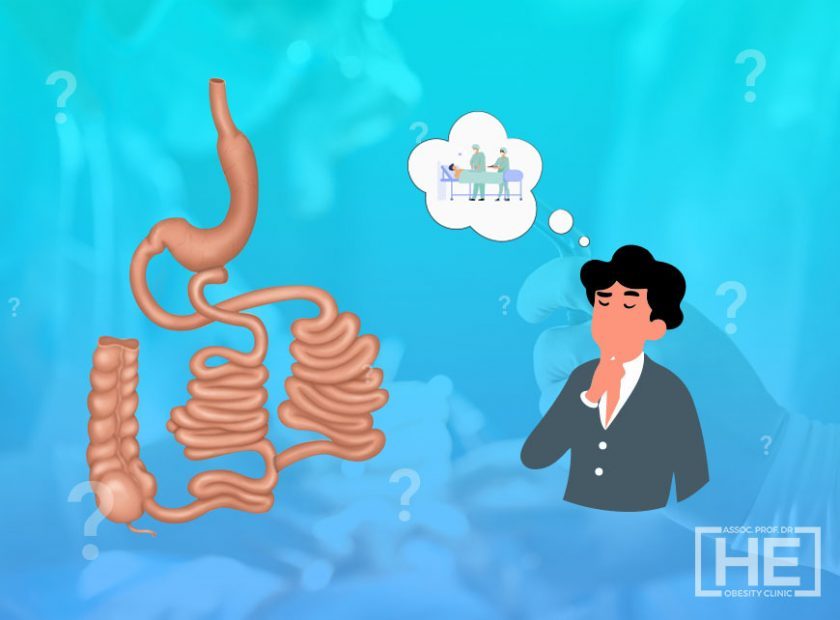How to Prevent Dumping Syndrome After Gastric Bypass? Dumping syndrome is a potential side effect of certain bariatric surgeries and may present as nausea, vomiting, or diarrhea.
Food may enter your small intestine too quickly after being digested in your stomach, leading to this condition. It’s most common among individuals who have undergone surgery on either their stomach or esophagus.
Avoid High-Glycemic Carbohydrates
Dumping syndrome is a potentially hazardous complication that can arise in those who consume large amounts of foods with high-glycemic carbohydrate content. Symptoms include lightheadedness, nausea, abdominal cramps and weakness.
Thankfully, there are a variety of low-glycemic carbohydrate foods you can safely eat after gastric bypass. These include whole grain breads, vegetables and fruits.
These foods are packed with vital nutrients and contain fiber, which can help offset the carbohydrates found within them.
But you still need to be mindful about portion sizes and how much food you eat. A small serving of low-glycemic food won’t cause a sudden spike in blood sugar levels after surgery, once normal textures and hunger cues have been established.
Increase Your Fiber Intake
Fiber is one of the best ways to prevent dumping syndrome after gastric bypass and can also help you lose weight and maintain a healthy body composition after bariatric surgery.
A high-fiber diet slows the absorption of sugar into your gut, avoiding sudden spikes that could make managing diabetes more challenging.
Fiber can be found in a variety of foods, such as fruits, vegetables, beans, whole grains and nuts. Aim to consume at least 5 servings of these high-fiber items each day in order to meet your recommended daily intake of 25-30 grams.
Avoid Alcohol
Dumping syndrome is a common issue among bariatric patients, particularly those who have undergone gastric bypass or sleeve surgery. It may cause nausea, vomiting and diarrhea.
Your surgeon may advise you to avoid alcohol as this can trigger dumping syndrome. Additionally, drinking water and other liquids between meals is beneficial as it increases the amount of food that enters your small intestine.
Early dumping occurs when sugars or carbohydrates from your meal pass into the small intestine quickly. Your body responds by secreting large amounts of insulin in order to absorb these sugars.
This can be a dangerous reaction, as low blood sugar (hypoglycemia) may occur. You may experience sweating, rapid heart rate, flushed skin, diarrhea and other symptoms as a result.
Eat Warm Meals
Dumping syndrome is a potentially dangerous complication of gastric bypass surgery that occurs when foods enter your small intestine too quickly. It may lead to nausea, vomiting, diarrhea, sweating and dizziness in some individuals.
Symptoms typically manifest within 30 minutes after eating or up to two to three hours later. They may include a rapid heart rate, flushing and dizziness.
A warm meal can help alleviate dumping syndrome by encouraging your stomach to digest food more thoroughly and making you feel satiated.
After your surgery, you’ll go through various diet stages to aid healing and promote weight loss. These diets are tailored to meet the specific needs of your new stomach, helping you transition into a healthier way of eating. Each stage differs based on the type of surgery you had and your tolerance to new foods.
Don’t Drink Fluids Before or After Meals
Drinking water before or after eating can hinder digestion and raise insulin levels, as water dilutes the vital gastric juices needed for breaking down food.
It is best to wait at least 30 minutes before drinking fluids and not right after eating a meal. Doing this helps avoid the development of dumping syndrome.
Moreover, if you experience dumping syndrome, it may be beneficial to abstain from eating any foods that could trigger it such as high-glycemic carbohydrates and fatty or sugary treats.
You can avoid dumping syndrome by eating smaller meals more frequently. Doing this helps keep your stomach full and prevents the body from producing too much insulin.



